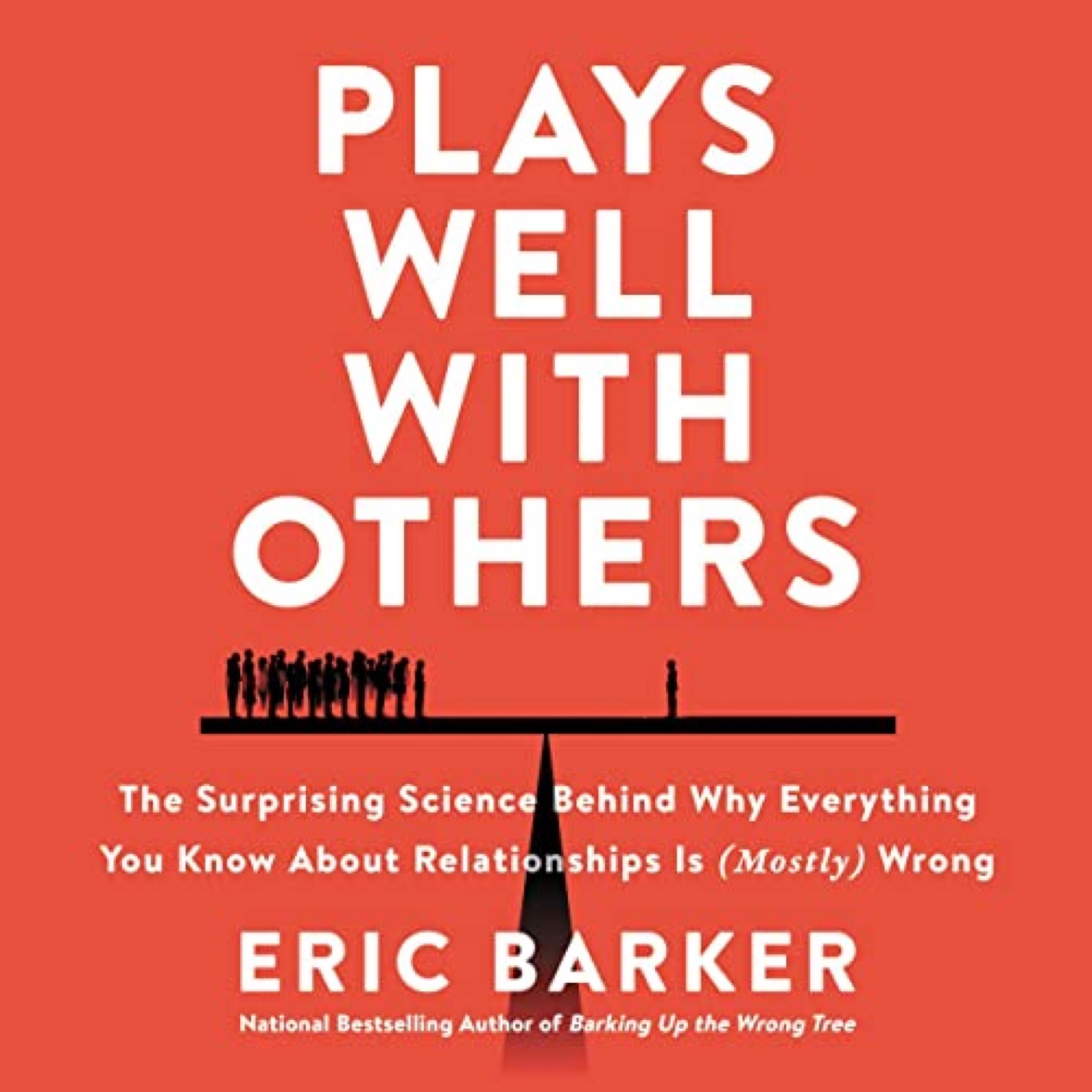
Plays Well With Others: The Surprising Science Behind Why Everything You Know About Relationships I (Mostly) Wrong by Eric Barker explains how having strong, multiple, caring relationships is just as important as diet, exercise, and not smoking when it comes to being healthy, happy, and living longer. There are also lots of great tips for people who want to have marriages that last. School counselors can use it to create important staff development sessions. Be sure to get a copy.
Introduction
We start with a simulated hostage negotiation that demonstrates some of the concepts associated with active listening. This book is about what we get wrong with relationships and how we can be a bit more right. Using the best evidence available we will see that the fundamental core of relationships is the stories our brains weave to create identity, agency, and community. Also, our problems with others often start with our inaccurate perception of them.
Part 1: Can You “Judge a Book by Its Cover”?
1. Here is the story of a female detective known as Ms. Sherlock Holmes from 1917, a time before women could go to Harvard Law School or vote. It shows that common sense and persistence are more powerful than deduction. Eric provides evidence that shows how profiling is of little or no use. The Barnum Effect describes humans’ willingness to accept descriptions of themselves based on a diagnostic instrument. In other words, we are prone to seeing meaning where there is none. We make up stories to help us make sense of the world, even if the stories are not true. The primary thing we need to contend with, therefore, is our own cognitive biases.
2. Those who possess accurate person perception are happier, less shy, and better with people. They have better interpretations of body language and nonverbal communication. Unfortunately, most of us are horrible at these skills. We tend to exaggerate the extent to which others think and feel like we do. Women are better at this, but not much. If you want to get better you need to be more curious and do what you can to elicit stronger signals that make others more readable. Pay special attention to changes in voice.
3. First impressions are generally accurate, but once they are set they are very hard to change. You can usually predict how students evaluate a teacher by watching a thirty-second video of a teacher. We are biased in our thinking and use confirmation bias to support other biases. Try to make others more readable and try to resist confirmation bias lock-in.
Here is what to do. 1. Set the bar high for making initial judgments. 2. Keep some distance and avoid snap judgments. 3. Make a serious effort to consider the opposite of your first impression. Look back on your mistakes and hope they reveal your biases. Be sure to give everyone a second chance. Good people can have lousy days. Your negative judgments are less reliable than your positive judgments.
DrDougGreen.com If you like the summary, buy the book






